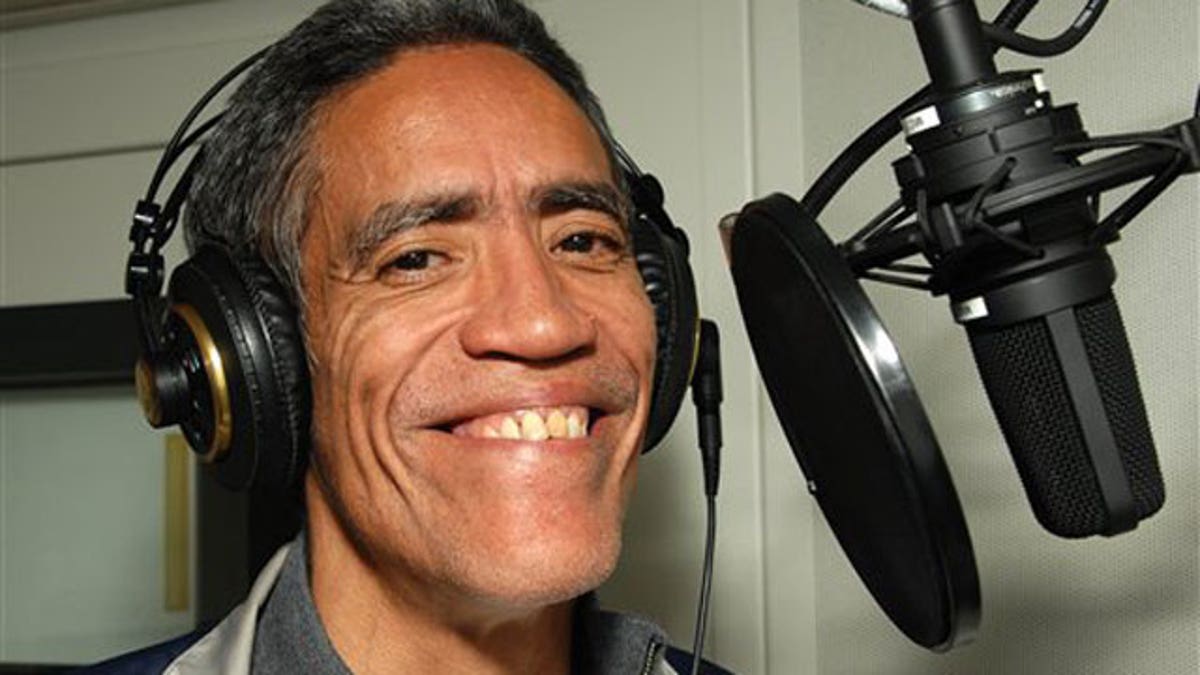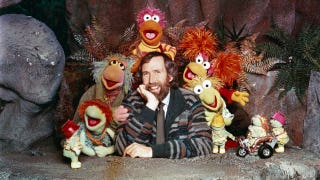
(AP) (AP2011)
Ted Williams' journey from homelessness to the “Today Show” made the man with the golden voice a media darling last week. But when the dust settles, what will likely be left is a man unequipped to deal with the pressure of fame and instant fortune, experts say.
“Williams is the latest pawn in the media game which celebrates what is hot at the moment and leaves it behind as soon as the next ‘it’ thing comes along,” says Cooper Lawrence, author of “The Cult of Celebrity.” “The job of the media was to use Williams to get eyes on their shows, without regard for how it affects him down the road.”
Just one example that the Williams’ story hasn’t been a true-life narrative unfolding in real time was the battle last week between NBC’s “Today Show” and CBS’s “The Early Show” that kept Williams from reuniting with his 90-year-old mother for 24 hours as the networks tried to get the reunion live on film.
And while the public may have made Williams’ story go viral, it was the news media that elevated him to superstardom. It's this lightning-fast transformation is what could be dangerous for the very recently homeless man.
“I think there is a real danger,” says Elizabeth Currid-Halkett, author of “Starstruck: The Business of Celebrity,” comparing Williams to “Britain’s Got Talent” winner Susan Boyle, who was hospitalized for depression exhaustion following her win on the musical competition in 2009. “The fame can be too much to handle. Stars who rise in the Hollywood system have the protection of an entire infrastructure of publicists and managers and agents. People like Williams and Boyle are on their own.
It was clear there was no one giving Williams career or management advice when he gave out his cell phone number on “Late Night With Jimmy Fallon” during his appearance last Thursday night.
“How do they get a hold of you?” Fallon asked Williams about how people looking to hire him could reach him.
Williams then recited his cell phone number, which NBC later bleeped out. “I don’t have a website or anything like that,” Williams explained.
Moreover, a man in Williams’ position, a recovering addict who has been living on the streets, is even more vulnerable than someone like Boyle, who was propped up by the “Britain’s Got Talent” publicity machine. Homeless advocates, while cheering for Williams to succeed, say they have concerns about whether he will be able to maintain his sobriety.
“Williams’ disease of addiction needs to be recognized as well as the fact that we could now have to watch something profoundly sad happen to him,” Neil Donovan, the Executive Director of the National Coalition for the Homeless told FOX411. “Radical changes in lifestyle without a strong support system can hurt someone in recovery. If I were his case manager I would say there are red flags all over the place.”
And while Williams’ case has certainly raised the profile of the issue of homelessness this past week, advocates say getting one man off an exit ramp shouldn’t be enough to make Americans feel good about helping the homeless.
“The solution to homelessness is not giving everybody a YouTube video. Williams is only one visible face of homelessness, the family of five living in a cockroach infested motel is the face of homelessness we don't see,” says Mark Horvath, the formerly homeless mind behind Invisible People TV, a website that broadcasts videos of real-life homelessness. “What I hope is that Ted Williams uses this fame and his beautiful voice for advocacy on behalf of all homeless.”














































